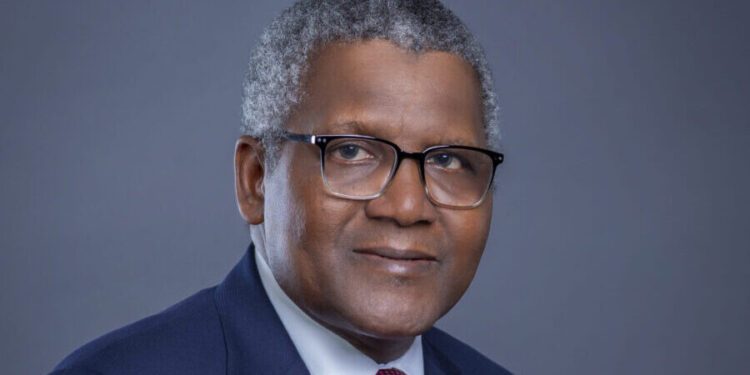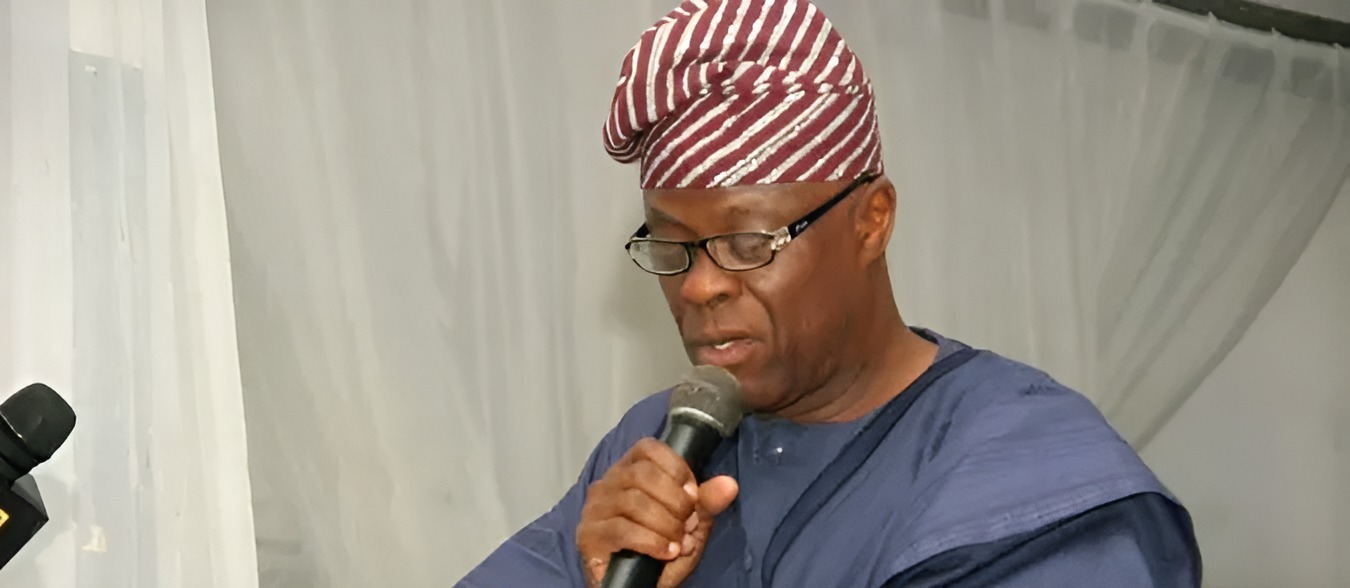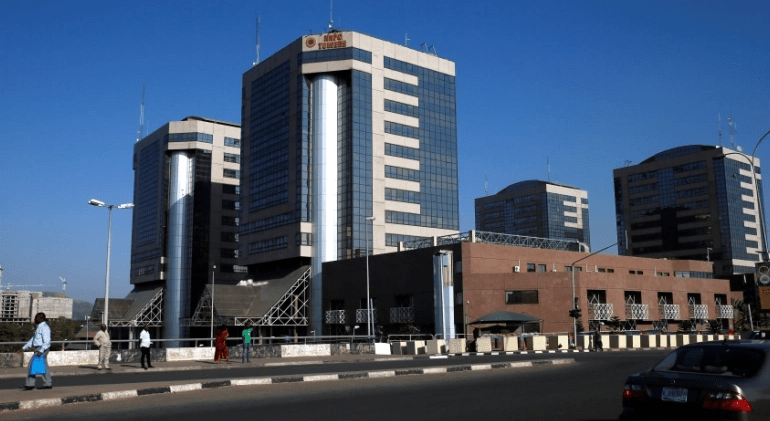Whichever ways the late former president’s legacies are viewed, he deserves to be left alone, writes MONDAY PHILIPS EKPE
Last Monday, a friend of mine in the United Kingdom sent me a video of children and young adults in an unnamed location in the north of Nigeria who were jubilating in their neighbourhood at the news of the passing of former President Muhammadu Buhari. Verifying social media contents could be tricky, it must be said. That post immediately triggered chats between us, nonetheless:
I: “They must be survivors of the banditry that became entrenched under him (Buhari). People from the south, especially, should know from this that politics in the north isn’t as simplistic as many of them see it; an indication too that 2027 is truly pregnant. The political class should watch out. Nigeria’s case has passed briefcase, as Fela would say. Buhari was among the luckiest Nigerians.”
She: “Lucky??? How?”
I: “See the political positions he held: Military Governor, defunct North Eastern State, Military Governor, Borno State, Federal Commissioner of Petroleum and Natural Resources, military Head of State, Chairman, Petroleum Trust Fund (PTF), 2-term democratic President… Not even President Olusegun Obasanjo’s political appointments are this robust. And all that within the lifetime of many who were more qualified than the boy from Daura.”
She: “After all these, how did he eventually end? In shame and national disgrace. His quest for more powers, wanting to attain the ultimate, eventually led to his shameful exit.”
I: “That’s an extreme summation, my dear. There are many people who think otherwise. As bad as things were under his watch, many Nigerians know they fared much better then than now. I personally experienced a misfortune when he came into office. The cash in my domiciliary account was wiped out in few months. Having said that, I don’t think he ended in shame. He was lucky to rule largely docile and defeated people.”
She: “You may be right but he paved way for this nightmare Nigeria is in now. Of course, most people fared better during his time. Personally, I did too. But I was looking at the general outlook. He should have bowed out when the ovation was loudest.”
I: “I get your point, a valid one at that. He has many shortcomings of his own, no doubt, but the country was already sliding dangerously before he came; only that his personnel and policies couldn’t match the promises and hopes on ground. The curse plaguing Nigeria is that no government since 1999 can claim to be better than its predecessor. Help pray for your fatherland to be delivered, I beg you.”
She: “I guess he did his best and deserves to rest in peace. But if he ever comes back again, he should not go near presidency. His first time as a military head of state was suffering for the people! Then, this second time again. So, you won’t blame some of us for thinking the way we do. I sympathise with his family and friends, especially his very close relation, Mamman Daura. I don’t think he even enjoyed his later years due to his failing health and the stress he had to cope with.”
I felt some metaphysical relief when that conversation ended on a softer, more accommodating note, even though it wasn’t my job to convince aggrieved Nigerians about the good sides of a man who couldn’t give a good account of the exceptional, somewhat exaggerated goodwill that ushered him into Aso Rock in 2015. The toxic atmosphere which preceded that unprecedented move truly justified the people’s aspirations. The economy was showing signs of paralysis as the government of President Goodluck Jonathan had started borrowing money to pay salaries. And corruption, long flourishing in the nation’s public life, had effectively assumed a new vigour.
But more critical was insecurity. Jonathan’s initial response to insurgency didn’t help matters. He appeared to have bought the idea that Boko Haram was only a ploy by some elements to get rid of his administration. It took him weeks to even accept the fact that the infamous abduction of Chibok school girls was real. That was how terrorism grew rapidly during his tenure until several local government areas were lost to the insurgents.
The country needed a saviour, literally. Who else fit that description better than the no-nonsense retired general? It wasn’t for nothing that eminent Nigerians like Obasanjo and General T.Y. Danjuma threw their weight behind Buhari in his first successful attempt at the polls. That some of those personalities who had believed in his ability to steer the ship of state to safety simply turned their back on him in the 2019 presidential election was a testimony to how things had changed drastically for the worse.
Nobody ought to have expected the man who was buried last Tuesday to perform magic or wonders. But optimal expectation management even at an interpersonal level isn’t the easiest thing to achieve. Someone who was destined to run the affairs of Africa’s most populated nation for the second time did so with minimum resistance and many controversial outcomes for eight unbroken years. How more fortunate could that be, at least, for his personal record? Now, this high-profile death has thrown up a montage of emotions: romanticism, nostalgia, bitterness, affection, resentment, anger, hypocrisy, real and imagined reminiscences – both privately and publicly.
Not unexpectedly, though. Since Buhari’s demise last Sunday, his presidential imagemakers – Mr Femi Adesina and Malam Garba Shehu – have been trying to explain and describe their late principal as much as they can to their divided audiences. Luckily, both of them published and launched their own accounts of their stewardship while he was alive. As professionals, they know too well that many of their listeners have had their minds made up about where to place the departed soldier-turned democrat in their memories. Such people should have their right to do so respected.
One common perception of the late elder statesman is someone who trusted people to a fault; who handed out responsibilities and simply expected the recipients to do what was right. Sadly, however, that meant poor or lack of supervision and monitoring, a situation that often left many crucial positions at the mercy of incompetent and unconscionable characters. In a land where majority of citizens blame the president for every negative thing, even for the issues they should hold their councillors accountable for, vitriols against the one revered by a chunk of the Nigerian population especially in the far northern states may be on for a long time to come.
There’s a viral video in which a well-known lady social critic viciously rained curses on the dead man’s grave in her mother-tongue and English. The hate is that deep! But there are also those who realise that, no matter the circumstance, it’s unwise to place too much anticipation at the feet of other people because of human frailties. It’s on that note that they let Buhari rest on, having completed his own time in this material world. These two classes of individuals may be existing in Nigeria today in equal measure or disproportionately.
I can’t forget one lesson I learnt when General Sani Abacha, arguably Nigeria’s most vilified ruler, died. It was celebrated in some parts of the country. But the late Pa Abraham Adesanya, leader of Afenifere and chieftain of the iconic National Democratic Coalition (NADECO) who had a thousand reasons to detest Abacha refused to join the excitement. He would never rejoice over the passage of another human being, he reasoned. My respect for him tripled that day. Nigerians should learn to engage living office occupiers thoroughly and leave the deceased to the weightier demands of the great beyond.
Dr Ekpe is a member of THISDAY Editorial Board




